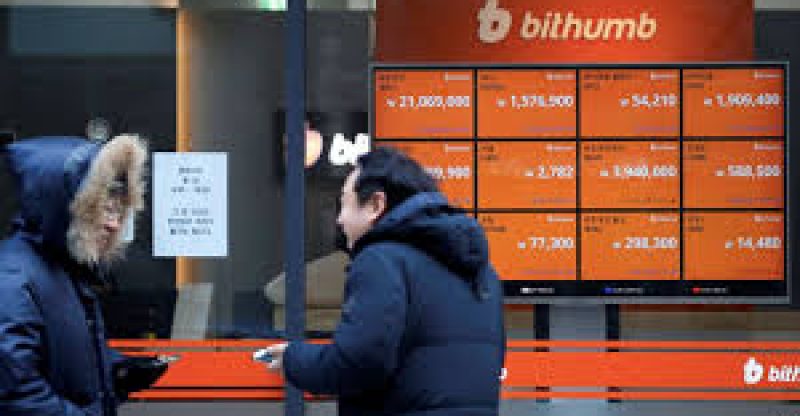South Korea’s Bithumb to Ban 11 Countries from Its Exchange
Due to money laundering concerns, South Korean cryptocurrency exchange Bithumb has restricted trading in 11 countries including North Korea, Iran and Iraq.
On Monday, the exchange announced that it will abide by the global anti-money laundering laws by banning all transactions for residents in jurisdictions on the Non-Cooperative Countries and Territories (NCCT) blacklist.
The inter-governmental Financial Action Task Force (FATF) views the 11 NCCT countries as nations that lack sufficient regulations to handle money laundering, terrorist financing and other threats to the international financial system. The countries on the list are North Korea, Bosnia and Herzegovina, Ethiopia, Syria, Iran, Iraq, Sri Lanka, Trinidad and Tobago, Tunisia, Vanuatu and Yemen.
Effective May 27th, 2018, Bithumb will cease to accept new users from the 11 nations listed by the NCCT initiative. Old users from these countries will also see their accounts blocked starting June 21.
Based on information from Coinmarketcap, Bithumb is Korea’s biggest and the world’s fifth largest cryptocurrency exchange with more than $400 million in tokens traded in a day.
Bithumb is claiming that it has improved its anti-money laundering policies by enforcing the recommendations of authorities from the South Korean government and the Korea Blockchain Association.
Formed in December, the group created a series of regulations including ethical codes in an effort to create transparency in domestic crypto trading markets. According to the group, there are also rigid rules put in place to stop market manipulation and insider trading. Various major exchanges including Bithumb and Upbit will go through evaluations.
A Bithumb spokesperson said, “We will strictly enforce our own rules and protect our investors while we actively cooperate with local authorities.”
As a security measure, Bithumb will now be requiring a mobile verification process to avoid any instances of fake user identification.





